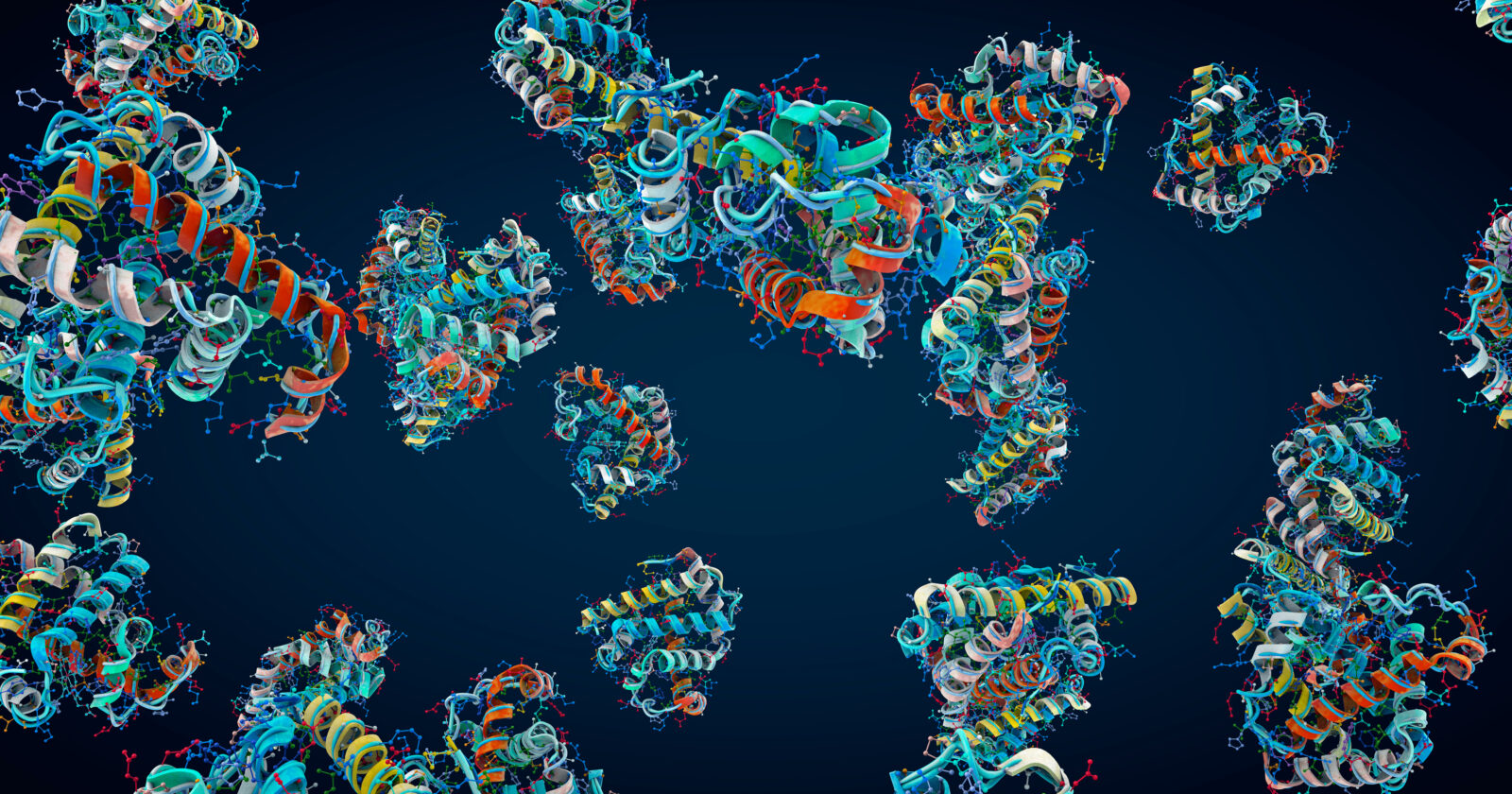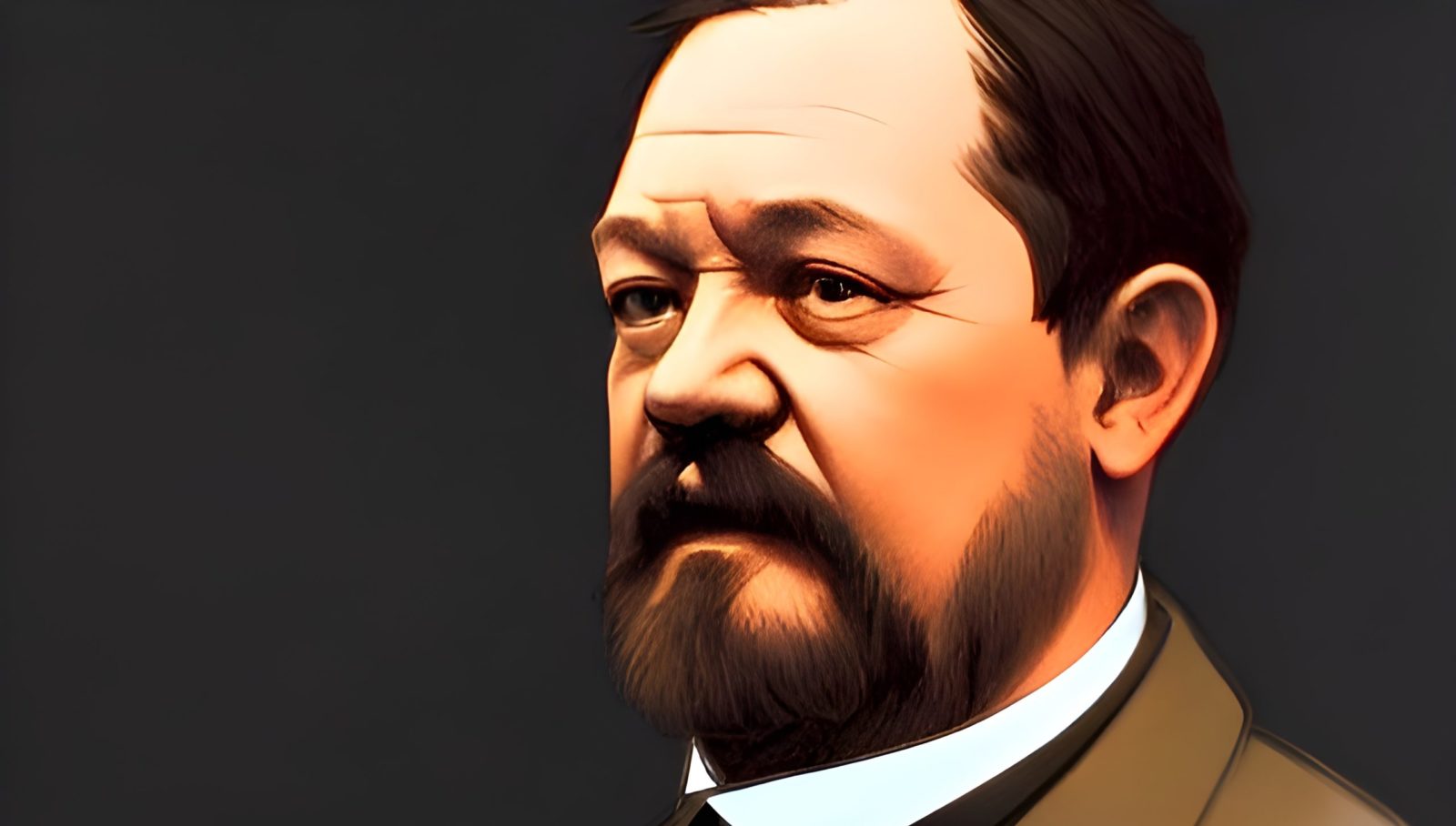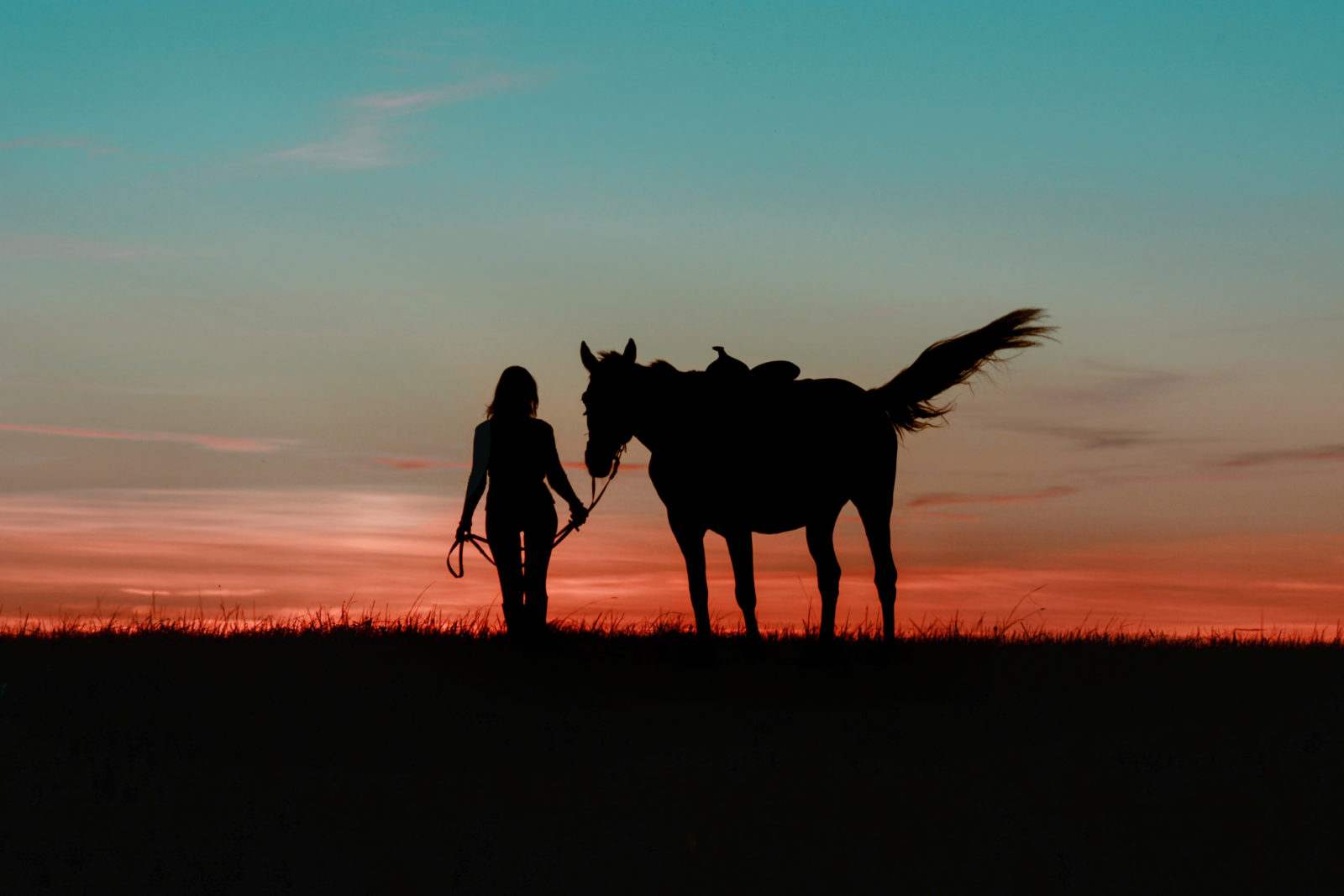


Protein Evolution, The Waiting Times Problem, and the Intriguing Possibility of Two First Parents

Ann Gauger on Her New Book, God’s Grandeur: The Catholic Case for Intelligent Design
Today’s ID the Future spotlights the richly stimulating new book, God’s Grandeur: The Catholic Case for Intelligent Design. Edited by biologist Ann Gauger, the anthology explores the evidence for intelligent design from a Catholic perspective, with contributions from an impressive range of Catholic scientists, philosophers, and theologians, including Gauger; internationally renowned paleontologist Günter Bechly; philosopher Jay Richards; molecular biologist Michael Behe; Rector of the European University in Rome Fr. Pedro Barrajón, LC; Aquinas and Evolution author Michael Chaberek; philosopher J. Budziszewski; professor of neurosurgery Michael Egnor; and noted Dante scholar Anthony Esolen. Listen in as Gauger gives a quick flyover of the book’s content, tells how she found her way into the intelligent design fold, and explains why Catholics should reject modern evolutionary theory, not only on theological grounds but scientific ones as well. Is it just for Catholics? Gauger says that the vast majority of the theological arguments will resonate with Christians of every stripe, and the parts focused on science and philosophy should resonate with anyone seeking to determine the best, most reasonable explanation for the origin of life, the universe, and the human race. Get your copy of the book here.

The 200th Birthday of Louis Pasteur: A Man of Science and Faith
December 27, 2022 marks the 200th anniversary of the birth of Louis Pasteur, the French scientist whose scientific breakthroughs have saved millions of lives, and whose work on microbes sounded the death knell of the idea of spontaneous generation. On this episode of ID the Future, biologist Ann Gauger walks listeners through the triumphs, flaws, and tragedies in the life of this extraordinary individual. In the nineteenth century, it was widely believed that the spontaneous generation of life from non-life was common and unremarkable, since it was thought that spontaneous generation of worms, mold, and other life forms occurred all the time in rotting meat and dirty rags. Pasteur constructed an experiment demonstrating that these “spontaneously” arising worms and such in fact sprang from microorganisms contained in the dust of the air. In this way Pasteur lent decisive support to the view summarized in the Latin phrase, “Omne vivum ex vivo”—all life is from life. This is sometimes referred to as the law of biogenesis and holds that organisms do not spontaneously arise in nature from non-life. Thanks in no small part to Pasteur’s work in this area, the origin of the first life on Earth came to be seen as a powerful mystery for scientists committed to the chance origin of the first life, a mystery deepened by discoveries in the twentieth and twenty-first centuries showing that even the simplest single-celled life is vastly more sophisticated than even our most advanced manmade factories. There is so much more to the fascinating life and work of Louis Pasteur, from his pioneering and life-saving work on vaccines and the special relationship he had with his wife to his Christian faith that bore him up through the death of three of his children. Tune in to learn more about this complex man of science and faith.

Ann Gauger: A Scientist’s Journey into the Intelligent Design Movement
On today’s ID the Future, biologist and intelligent design researcher Ann Gauger tells host Eric Anderson the rest of her story about how she was drawn into the intelligent design movement. The two discuss everything from the challenges she faced making it in a male-dominated field to the evidential power of beauty in the natural world. But how did she end up in the ID movement? After stepping out of a promising career as a research scientist to focus on her family and meeting the needs of an autistic child, she assumed that her life as a scientist was behind her. But then several years later she began reading the work of Darwin skeptics and intelligent design trailblazers—Phillip Johnson, Jonathan Wells, Michael Behe, and others—and then she realized they were all associated with a think tank, Discovery Institute’s Center for Science and Culture, just down the street from where she lived. She eventually signed DI’s Dissent from Darwin list, then a year or so after that she signed up for a regular ID newsletter, Nota Bene, signing her name “Ann Gauger, PhD.” She got a phone call from someone at Discovery Institute twenty minutes later. The rest of the story is by turns comical, inspiring, and touching. Before wrapping up her story she urges young women scientists to not let themselves get pressured out of contributing just because STEM fields tend to be male dominated. And she shares a story of being accused at a public university event of lying and suppressing research evidence that supposedly supported evolutionary theory. Not true, she explains.

Ann Gauger: A Scientist’s Circuitous Journey to Faith
On this ID the Future, host Eric Anderson sits down with biologist and intelligent design proponent Ann Gauger to hear her story of how she got into the intelligent design movement and how the evidence for design has shaped her life. It begins with a lonely girl on a Kansas military base who at one point loses her Christian faith but also discovers the wonders of nature, and friendship, when she is given a horse and begins taking it for long rides in the countryside. Her intellectual journey takes her to MIT, the Scripps Institution of Oceanography, the University of Washington, and eventually into the Catholic church, where she explores becoming a nun until a conversation with echoes from the Sound of Music leads her in a different direction. Tune into hear the first part of Gauger’s moving story, and come back for the second half of her conversation with host Eric Anderson. Today’s episode is the first in an occasional series, Why It Matters, spotlighting leading intelligent design researchers and hearing from them about how they got into intelligent design, why they believe ID matters to our culture, and why it matters to them personally.

Casey Luskin Returns, Teases a New Book, Celebrates ID 3.0
On today’s ID the Future, Rob Crowther continues his conversation with Casey Luskin, the intelligent design proponent who previously worked for Discovery Institute’s Center for Science and Culture and has now returned. As Luskin explains, he left to pursue a PhD in geology at the University of Johannesburg in South Africa. The two discuss the wild conspiracy theories circulated by opponents of intelligent design when Luskin stepped away from Discovery Institute five years ago. Luskin also tells about an upcoming book he’s been working on with William Dembski, another intelligent design proponent who stepped away from day-to-day ID work and is now putting a foot back in the ID waters. Also on tap in today’s conversation, Luskin and Dembski’s upcoming appearance at the 2021 Dallas Conference on Science and Faith, and advances in the ID 3.0 research initiative, including some recent peer-reviewed papers.